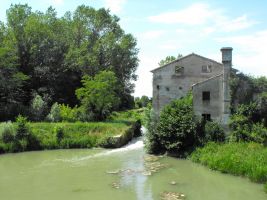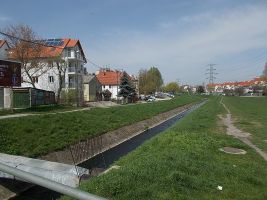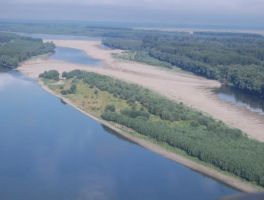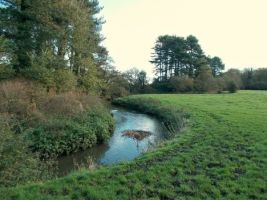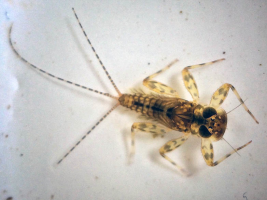Case-study sites
MICS explored the co-design of citizen-science activities in five case-study sites, each with different needs, contexts, and approaches to environmental management.
In the Romanian, Hungarian and Italian case-study sites, citizen-science activities were developed following the Ground Truth 2.0 light co-design process, guided by IHE Delft. In the UK case-study sites, the citizen-science projects involved in MICS were already established and followed a different approach.
The five case-study sites explored the applicability and usefulness of citizen-science tools in regions with various levels of citizen-science application and uptake.
MICS adopted the following citizen-science tools:
- Marzenego River, Italy:
- water quality – Freshwater Watch (FWW) method that citizens use to monitor nitrates and phosphates in freshwater ecosystems;
- E.coli – Hyserve kit;
- riparian vegetation – RiVe method;
- Carasuhat Wetlands, Romania:
- water quality – FreshWater Watch;
- Dyke stability – visual observation;
- water level – gauges;
- Creek Rákos, Hungary:
- water quality –colourimetric measurement kits;
- bats – net detection and visual observation;
- praying mantis and frogs – field observation;
- black woodpecker – sound detection.
Co-designing hands-on citizen-science activities in the MICS case-study sites
In an iterative process, hands-on citizen-science activities in the MICS case studies were co-designed and enhanced. During regular interactive sessions, citizen scientists, scientists (as thematic experts), decision-makers (such as river basin organisations) and industry representatives mapped user expectations, requirements and experiences regarding the purpose, as well as the technical and functional aspects of the citizen-science tools (i.e. apps, sensors, visualisation features, feedback and interaction mechanisms of the MICS platform) and the citizen-science activities.
These sessions used the light version of the Ground Truth 2.0 co-design methodology, which was appropriately scoped for the nature of the MICS case studies. The co-design process in the Romanian, Hungarian and Italian case-study sites was planned and implemented by a dedicated team of MICS partners per case study (case-study lead, IHE Delft staff to guide the citizen-science co-design, RRC staff to anchor it in NBS processes, and Earthwatch to guide the development of citizen-science tools and hands-on citizen-science activities) via regular teleconferences and local implementations.
All instructions for the co-design process and the results of the co-design activities were captured in an evolving compendium, one for each case-study site, and summarised in Deliverable D4.5 Comprehensive evaluation report.
Follow the links on this page to find out more about the case-study sites and their citizen-science activities.
